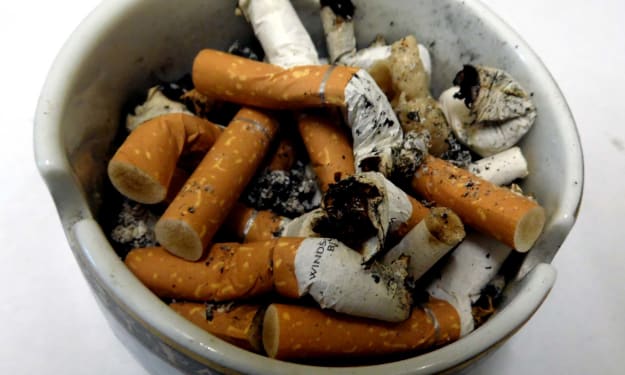COW BURPS ARE A CLIMATE PROBLEM CAN SEAWEED HELP?
INFO ON COWS

Here's a version of the text with copyright-free language:
There are approximately 1.5 billion cows on Earth, which equates to one cow for every five individuals. These cows are raised for various purposes, including dairy and meat production, and their contribution to climate change remains a challenging issue. Each year, an individual cow is estimated to emit around 220 pounds of methane, primarily during burping. Remarkably, this accounts for about 4% of all greenhouse gas emissions responsible for global warming. So, it's evident that cow burps play an unexpected role in our planet's rising temperatures.
You might have encountered some proposed solutions to this problem, such as encouraging people to reduce their beef consumption or switch to meat alternatives. However, rather than convincing billions of people to change their dietary habits, some researchers are focusing on altering the cows' diets. An innovative solution comes in the form of seaweed.
This video is brought to you by Delta Airlines.
One of the primary reasons cows emit substantial amounts of methane is their specialized digestive system, which allows them to break down tough plant materials like grass and hay effectively. Their stomach comprises four compartments, with the largest one, the rumen, acting as a storage unit where food ferments. Microbes in this region break down the food through a process called enteric fermentation. While this process provides the necessary nutrients and energy for the cow, it also results in methane production, which the cow subsequently releases through burps, contributing to global warming.
Methane is essentially waste, and changing the cow's diet can significantly impact the amount of methane generated. For instance, foods like grass or hay remain in the rumen for an extended period, leading to higher methane production. In contrast, carbohydrate-rich foods like corn produce less methane. The goal is not to revolutionize the diets of all the cows being raised; instead, slight adjustments can make a significant difference.
Considerable research has been conducted on feed additives to reduce synthetic methane emissions. Ermias Kebreab, the associate dean at UC Davis in the College of Agriculture and Environmental Sciences, led a study in 2018 that examined the impact of a specific additive: seaweed, specifically red seaweed. In 2016, Australian researchers found that adding this seaweed to cow feed could potentially reduce methane emissions by over 95%. In 2021, Kebreab's team successfully replicated the study with live animals in California, demonstrating an 82% reduction in methane emissions. This particular species of red seaweed contains substantial amounts of a compound called bromoform, which suppresses the enzyme responsible for methane production in cows. Remarkably, cows continue to thrive on their familiar diet with seaweed additives, receiving all the essential nutrients while reducing waste.
Other additives, such as fatty acids, have also shown promise in reducing methane emissions by lowering carbohydrate content and minimizing a specific rumen parasite known as protozoa. Oregano has been found to decrease the number of bacteria in the rumen, thereby limiting methane production. However, among all the additives tested, seaweed has proven to be the most effective. The added benefit is that scaling up seaweed growth doesn't significantly deplete other resources like fresh water or fertilizer, as seaweed can be cultivated in the ocean. Furthermore, cultivating seaweed can help address other environmental issues, such as ocean acidification caused by rising carbon dioxide levels. Nevertheless, several research challenges remain, including finding cost-effective methods for drying, packaging, and transporting seaweed.
While seaweed presents a promising solution, it is not a one-size-fits-all remedy. Recent studies in Australia revealed that the same red seaweed reduced methane emissions by less than 30%, suggesting variations in its effectiveness. Concerns have also been raised regarding the bromoform content in red seaweed; while studies haven't shown dangerous levels in cow products, long-term effects on cows need further investigation. In conclusion, seaweed isn't a silver bullet, but it represents one of several solutions currently under examination.
The worldwide push for change is evident, as demonstrated by the United Nations Global Methane Pledge signed by 150 countries, including the United States, in 2021. This pledge aims to reduce methane emissions by 30% by 2030, emphasizing the urgency of addressing enteric methane emissions. Although reducing livestock numbers might be an ideal solution, changing human dietary habits can be complex and time-consuming. Therefore, addressing the climate crisis requires a multifaceted approach that encompasses various strategies and innovations. In the coming years, expect to witness diverse activities and solutions emerging, each contributing to the goal of mitigating climate change—one less cow burp at a time.
About the Creator
Enjoyed the story? Support the Creator.
Subscribe for free to receive all their stories in your feed. You could also pledge your support or give them a one-off tip, letting them know you appreciate their work.






Comments
There are no comments for this story
Be the first to respond and start the conversation.